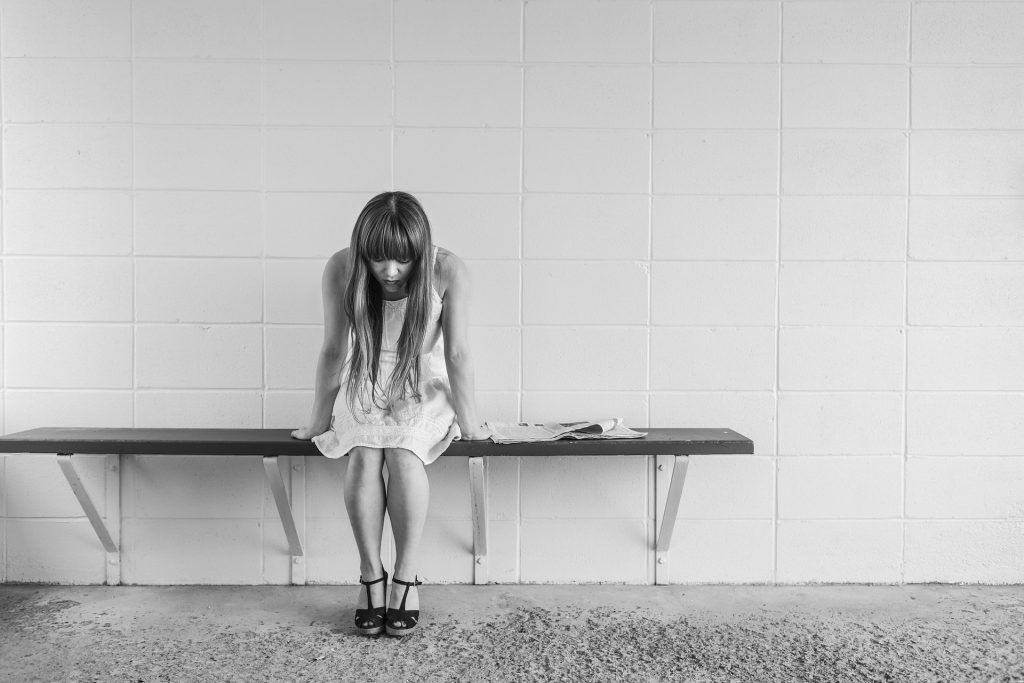Hypo anxiety is a common experience among people with diabetes who have experienced hypoglycemia, which is when blood sugar levels drop below normal. Hypoglycemia can cause a range of symptoms, including confusion, irritability, sweating, and shakiness, which can be frightening and unsettling.
People with diabetes who experience hypoglycemia may feel anxious or worried about the possibility of having another episode, even if they are taking steps to manage their blood sugar levels. This can lead to a range of emotional and behavioral responses, such as avoiding activities that might increase the risk of hypoglycemia, checking blood sugar levels frequently, feeling on edge or easily overwhelmed, feeling frustrated or angry with themselves or others, and experiencing symptoms of anxiety, such as racing thoughts, difficulty sleeping, or physical sensations like sweating or trembling.
These responses can have a significant impact on a person’s quality of life, making it difficult to engage in everyday activities and affecting relationships with others.
It’s important to note that people with diabetes who experience hypoglycemia are not alone in their experience of anxiety. Anxiety disorders are among the most common mental health conditions in the general population, affecting an estimated 40 million adults in the United States alone.
Treatment for hypo anxiety may involve a range of approaches, including education, cognitive-behavioral therapy, mindfulness-based interventions, and medication. Education can help alleviate anxiety and increase confidence in managing diabetes. Cognitive-behavioral therapy can help people identify and change negative thought patterns and behaviors that contribute to anxiety and fear. Mindfulness-based interventions, like meditation and yoga, can help reduce stress and anxiety and promote a greater sense of calm and relaxation. Medication may be prescribed to help manage symptoms of anxiety or depression in some cases.
It’s important to work with a qualified healthcare professional to determine the most appropriate treatment approach for hypo anxiety. Additionally, people with diabetes may benefit from connecting with support groups or other resources that can provide emotional support and practical advice for managing the condition.
Treatment for hypo anxiety may involve a range of approaches, including:
- Education: Learning more about hypoglycemia and how to manage blood sugar levels can help alleviate anxiety and increase confidence in managing diabetes.
- Cognitive-behavioral therapy: This type of therapy can help people identify and change negative thought patterns and behaviors that contribute to anxiety and fear.
- Mindfulness-based interventions: Techniques like meditation and yoga can help reduce stress and anxiety and promote a greater sense of calm and relaxation.
- Medication: In some cases, medication may be prescribed to help manage symptoms of anxiety or depression.
In conclusion, hypo anxiety is a common experience among people with diabetes who have experienced hypoglycemia. Treatment approaches may include education, therapy, mindfulness-based interventions, and medication, and it is important to work with a healthcare professional to determine the most appropriate approach for managing anxiety and hypoglycemia.
